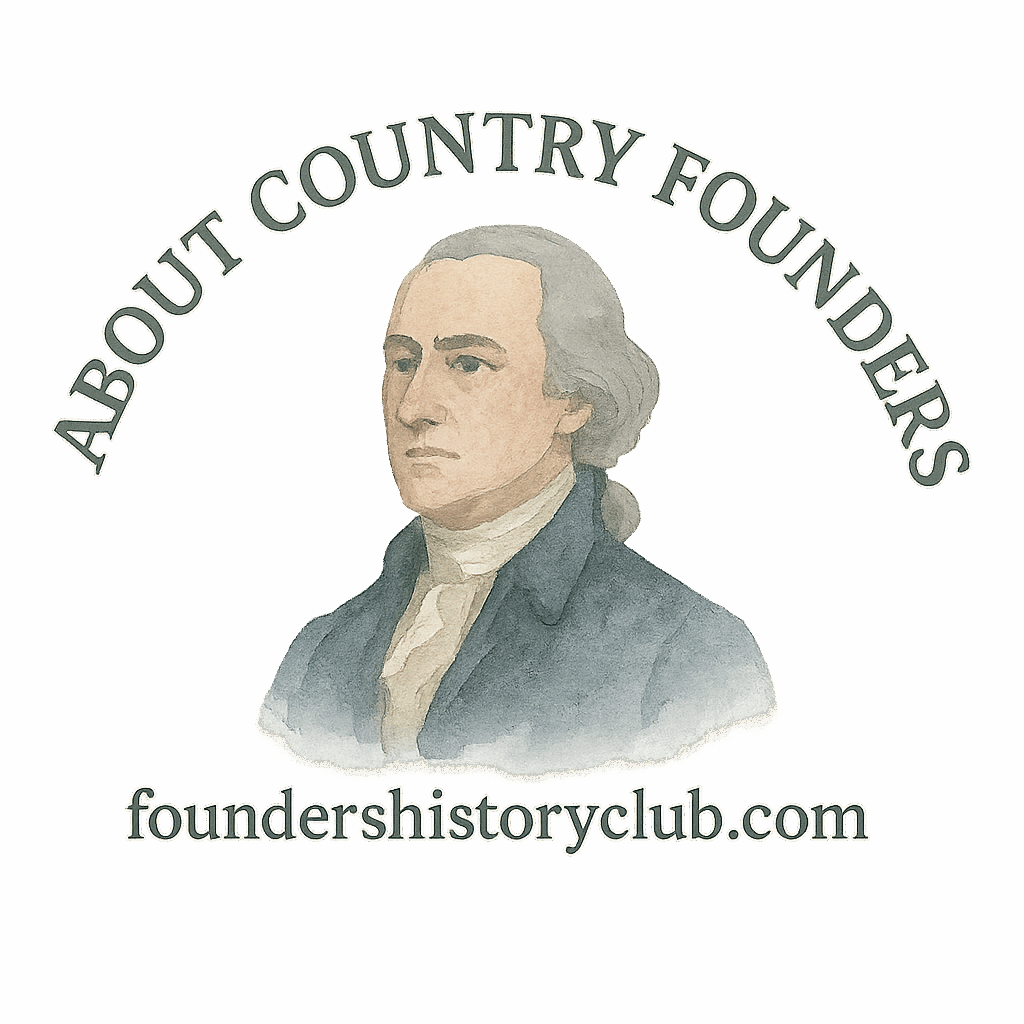Introduction to Military-Led Governments
Military-led governments are often born in times of national crisis—economic collapse, civil unrest, or external threats. They are usually initiated by charismatic leaders from the armed forces who promise order, discipline, and national rebirth. But how often do these promises translate into lasting legacies? Let’s dive into the lives of nine key figures who founded military-led governments and reshaped their nations forever.
The Role of Founders in Shaping Military Regimes
Founders of military governments wield immense influence, combining military discipline with political ideology. Their governance often blurs the lines between civilian leadership and military command, setting the tone for decades. Whether through sheer force or visionary reform, these leaders leave footprints that echo through history.
Founder #1: Napoleon Bonaparte (France)
Early Life and Rise to Power
Napoleon emerged from the chaos of the French Revolution as a promising general. By 1799, he executed a coup d’état and installed himself as First Consul, later declaring himself Emperor.
Military Dominance and Governance
His reign was marked by military conquest and internal reforms, including the Napoleonic Code. He centralized power, controlled the press, and elevated merit over aristocracy.
Legacy in French and Global Politics
Napoleon’s legacy is both celebrated and contested. He inspired military founders worldwide, influencing governance models even today.
Internal Link: Learn more about founders by era.
Founder #2: Mustafa Kemal Atatürk (Turkey)
Military Roots and Political Reform
A general in the Ottoman Army, Atatürk led Turkey through the War of Independence. In 1923, he abolished the Ottoman sultanate and declared the Republic of Turkey.
Founding the Turkish Republic
His reforms included secularization, Latin script adoption, and sweeping economic changes.
Legacy in Secular Governance
Atatürk’s model remains a pillar of modern Turkish identity.
Internal Link: Dive deeper into education legacy reforms by military founders.
Founder #3: Francisco Franco (Spain)
Spanish Civil War and Military Coup
Franco rose during Spain’s civil unrest, leading Nationalist forces to victory and seizing control in 1939.
Dictatorship and State Control
His regime merged military authoritarianism with Catholic conservatism. He ruled until 1975.
Internal Link: Discover more under controversy in founder legacies.

Founder #4: Muammar Gaddafi (Libya)
Revolutionary Command Council
In 1969, Gaddafi led a bloodless coup against King Idris. He abolished the monarchy and formed a military junta.
Gaddafi’s Green Book and Rule
Gaddafi promoted “Islamic socialism” via his Green Book and ruled with an iron fist.
Controversy and Collapse
Internationally isolated, he was overthrown and killed during the Arab Spring.
Internal Link: Read more about revolutionary founders.
Founder #5: Augusto Pinochet (Chile)
Coup Against Allende
Pinochet seized power in 1973 with U.S. backing, toppling socialist President Salvador Allende.
Authoritarian Reign and Reforms
While known for brutal repression, he also implemented neoliberal economic reforms.
Internal Link: Check out founders in North America and South America.
Founder #6: Idi Amin (Uganda)
Military Takeover and Reign of Terror
Amin overthrew President Obote in 1971. His rule was marked by ethnic purges and economic collapse.
Human Rights Abuses and Exile
Branded “The Butcher of Uganda,” he fled the country in 1979.
Internal Link: Explore his role in early history narratives.
Founder #7: Park Chung-hee (South Korea)
Military Coup and Economic Miracle
Park seized power in 1961 and launched industrialization programs, creating South Korea’s economic miracle.
Lasting Impact on Modern Korea
Despite autocracy, many Koreans credit him for laying the foundation for prosperity.
Internal Link: For comparative views, visit founders by continent.
Founder #8: Gamal Abdel Nasser (Egypt)
Free Officers Movement
In 1952, Nasser and fellow officers overthrew King Farouk, establishing a republic.
Pan-Arabism and Governance Style
Nasser promoted Arab unity and socialism, nationalized the Suez Canal, and clashed with Western powers.
Internal Link: His ideology aligns with borrowed ideologies.
Founder #9: Pervez Musharraf (Pakistan)
Seizing Power in a Coup
In 1999, General Musharraf ousted Prime Minister Nawaz Sharif, citing corruption and instability.
Role in War on Terror
His cooperation with the U.S. brought global attention, though his tenure saw increasing domestic strife.
Internal Link: Browse more on governance models.
Common Themes in Military-Led Regimes
Military-led governments often claim legitimacy through stability and reform. But they also centralize power, suppress opposition, and often resist democratization.
Internal Link: Curious about different constitutional monarchs?
The Legacy of Military Founders in Contemporary Politics
These founders leave behind polarized legacies—some hailed as saviors, others as tyrants. Their influence lives on in national holidays, monuments, and even current governance systems.
Internal Link: For more on founder statues and public memory, explore our cultural memory tag.
Conclusion
The history of military-led governments is one of ambition, control, and transformation. Each founder shaped their nation through a unique mix of force and vision. Whether building from chaos or creating it, their legacies continue to mold our modern political landscape.
FAQs
1. Why do military-led governments often arise in times of crisis? They promise quick, decisive action and stability when democratic institutions falter.
2. Are all military founders dictators? Not necessarily. Some, like Atatürk, transitioned into civilian leadership with reforms.
3. How do these founders maintain power? Typically through suppression, state propaganda, and eliminating political rivals.
4. What are the long-term effects of military governance? Centralization of power, weakened institutions, and sometimes economic reform.
5. Can a military founder have a positive legacy? Yes—many sparked economic growth and national identity building.
6. What common traits do military founders share? Charisma, strategic thinking, and often a messianic belief in their mission.
7. Where can I learn more about these historical figures? Visit Founders History Club and explore topics like independence leaders and revolution.


